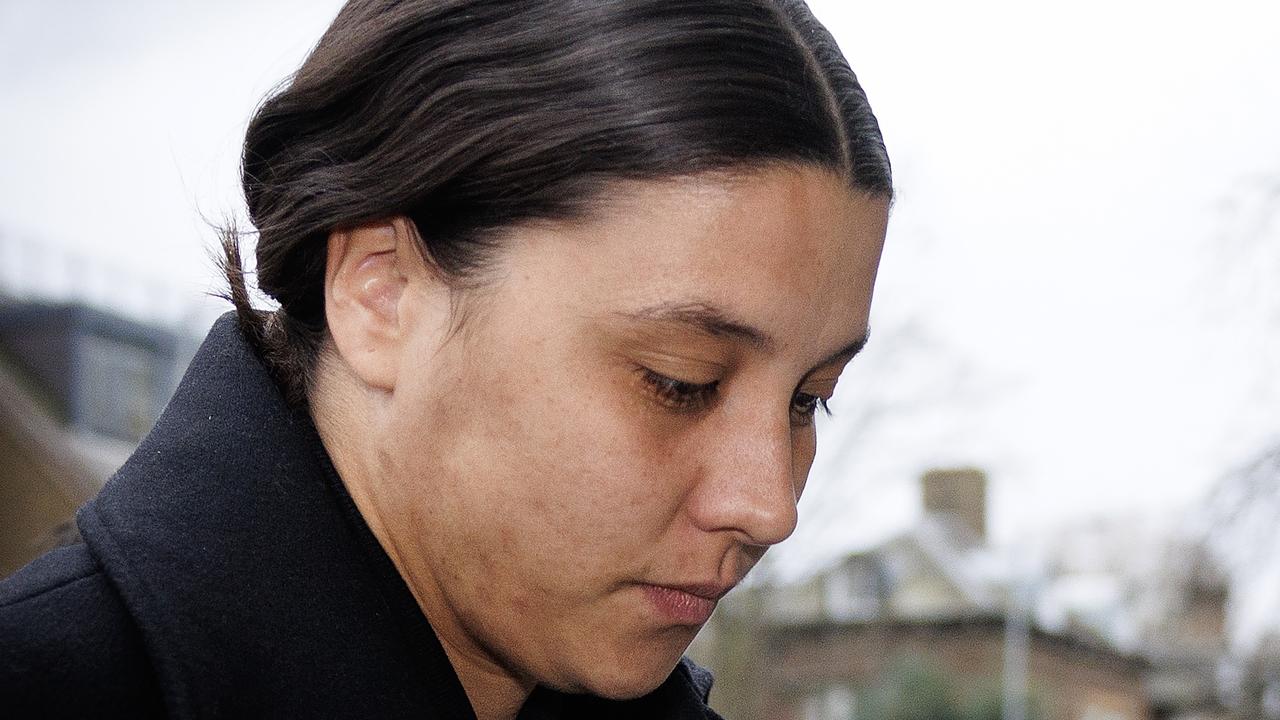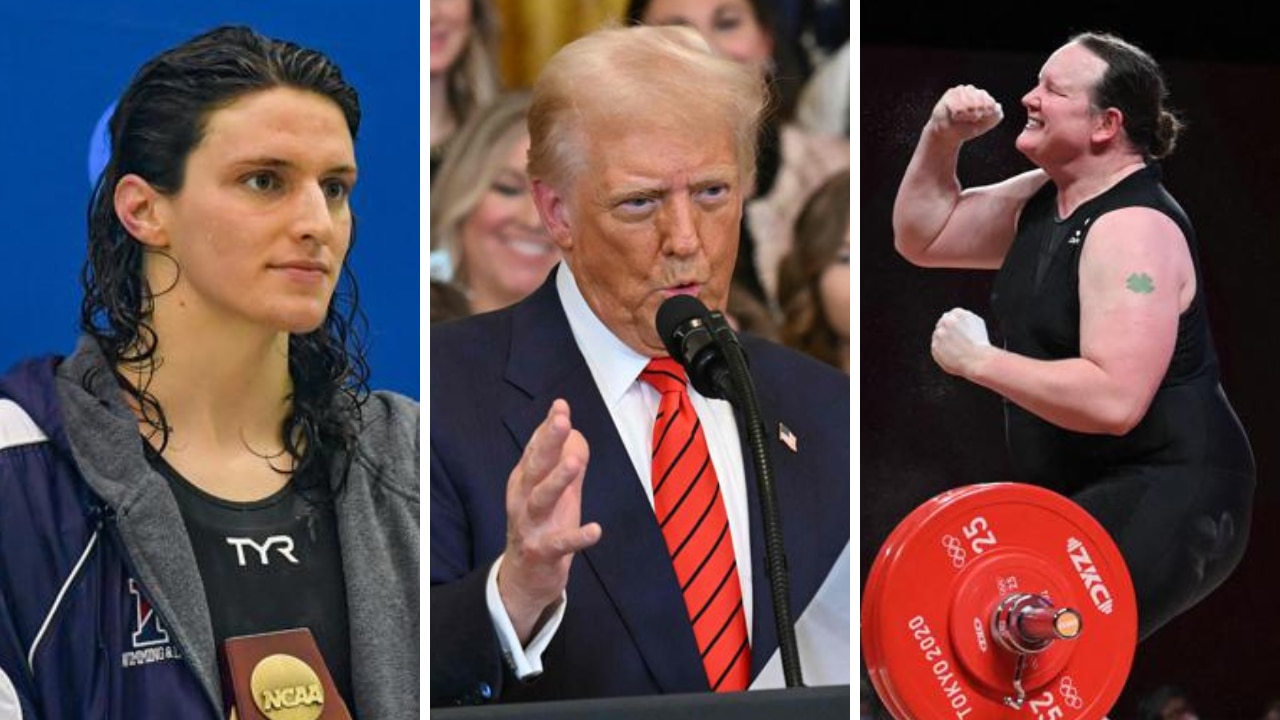Novak Djokovic’s case was supposed to show how equal Australia’s system is — it’s done the opposite
Novak Djokovic’s case was supposed to prove how equal Australia’s system is but instead it has done the opposite.
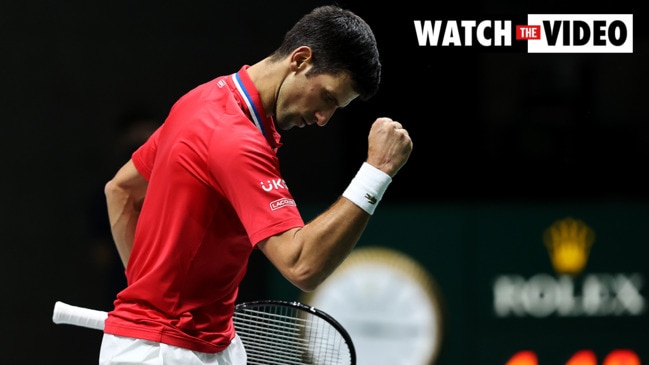
OPINION
When news broke that the world’s number 1 tennis player had been detained at Melbourne Airport for not meeting Australia’s vaccination requirements, there was perhaps a sense of shock but also satisfaction at seeing the rules being applied equally.
“Rules are rules, especially when it comes to our borders,” Prime Minister Scott Morrison tweeted. “No one is above these rules.”
No one, not even Novak Djokovic.
But as Djokovic’s sorry saga has played out, instead of the decision showing how egalitarian Australia’s system is, instead it has highlighted how arbitrary it can be.
The Federal Court on Monday ruled in Djokovic’s favour, partly because it believes the player wasn’t given enough time to respond to his visa’s cancellation.
It emerged in court the tennis star had been pushed to continue with an interview around 6am on Thursday at the airport despite requesting time to speak to his legal team and Tennis Australia.
He had his visa cancelled around 7.40am despite asking to have until 8.30am to speak to his representatives, a period of time Judge Anthony Kelly ruled should have been afforded to him.
It has been suggested that Djokovic was rushed because one of the officials was due to finish his shift.
It comes after a series of leaked letters sent to and from Tennis Australia in the lead-up to his arrival also reveal there was confusion about whether it was a state or federal responsibility to grant an vaccination exemption.
But it has become clear that Djokovic did seek to follow the rules and arrived in Australia with the understanding that he had met the requirements.
While Victorian authorities were comfortable with granting Djokovic and other unvaccinated participants a medical exemption to attend the Open if they had previously been infected with Covid, Commonwealth authorities applied a more strict interpretation of the rule at the border after backlash to the news the vocal anti-vaxxer was headed to Australia.
The sense of disorder is amplified by the fact that two other unvaccinated individuals who arrived in the country for the Australian Open prior to Djokovic were actually allowed in, although their visas have since been revoked and they have now left the country.

The fact that Djokovic’s visa was cancelled on his arrival in Australia and has now been reinstated on a technicality may seem like an unusual situation but it goes to the heart of the immigration system — that sometimes it is an extremely disordered, fickle and confusing place.
It’s a reality that many refugees can attest to and it’s something that has now been very publicly demonstrated to other Australians and the rest of the world.
Prime ministers in the past have suggested that asylum seekers were jumping the queue and entering by the “back door” if they arrived by boat, encouraging a perception that there were rules and they were being applied in a methodical way.
But the experience of many asylum seekers show that in reality, these rules are often applied unevenly.
Ironically many of the unlucky ones were living alongside Djokovic in the Park Hotel in Melbourne.
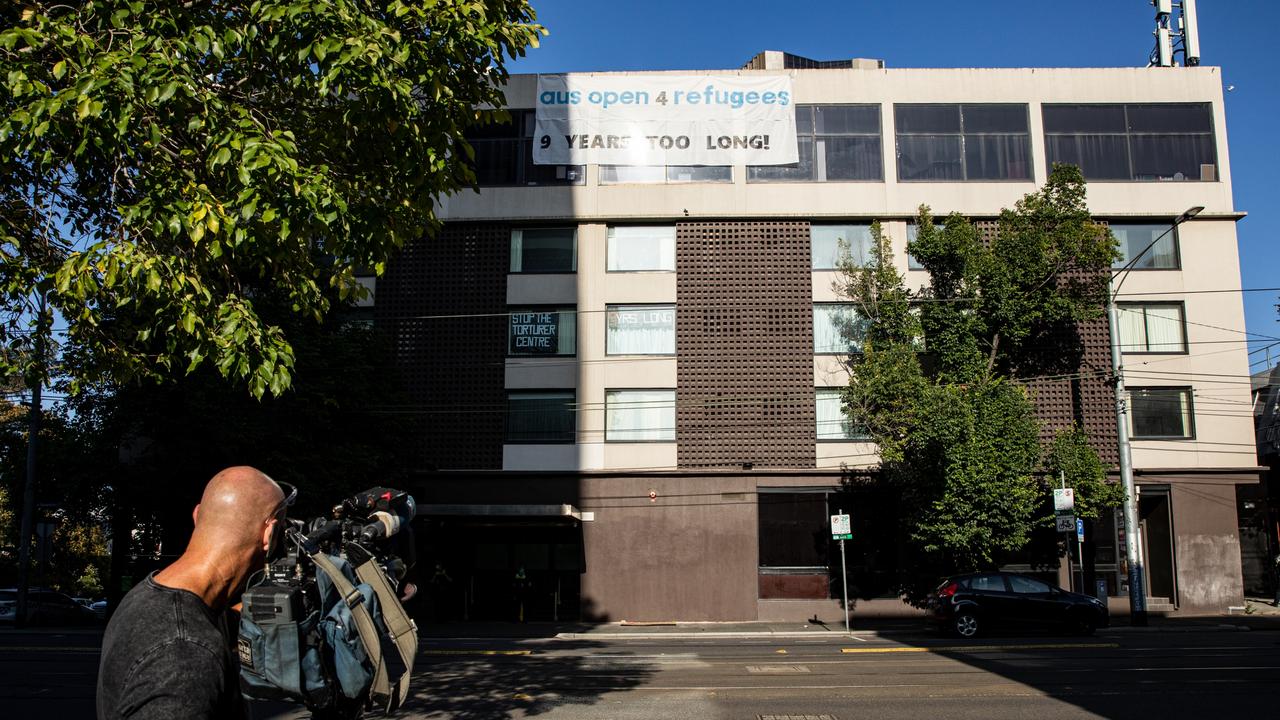
They include Adnan Choopani, 23, who has been held in detention for more than eight years after arriving in the country when he was just 15 years old. He was assessed as being a legitimate refugee more than five years ago but has still not been released.
His biggest mistake was to arrive in Australia by boat one day after 19 July, 2013, the date when then- prime minister Kevin Rudd declared: “Arriving in Australia by boat will no longer mean settlement in Australia”.
Except that it did.
As The Guardian has previously reported, two in every five asylum seekers who arrived in Australia by boat after that date were not sent to offshore detention.
Those who were sent offshore — apparently to serve as a warning and example of the resolve of Australia’s immigration department — have had to live with the knowledge that some of their friends, including some who arrived on the same boat, have been allowed to live in the community while they languish without access to fresh air for years.
Luck, not rules, has determined the fate of Australia’s asylum seekers.
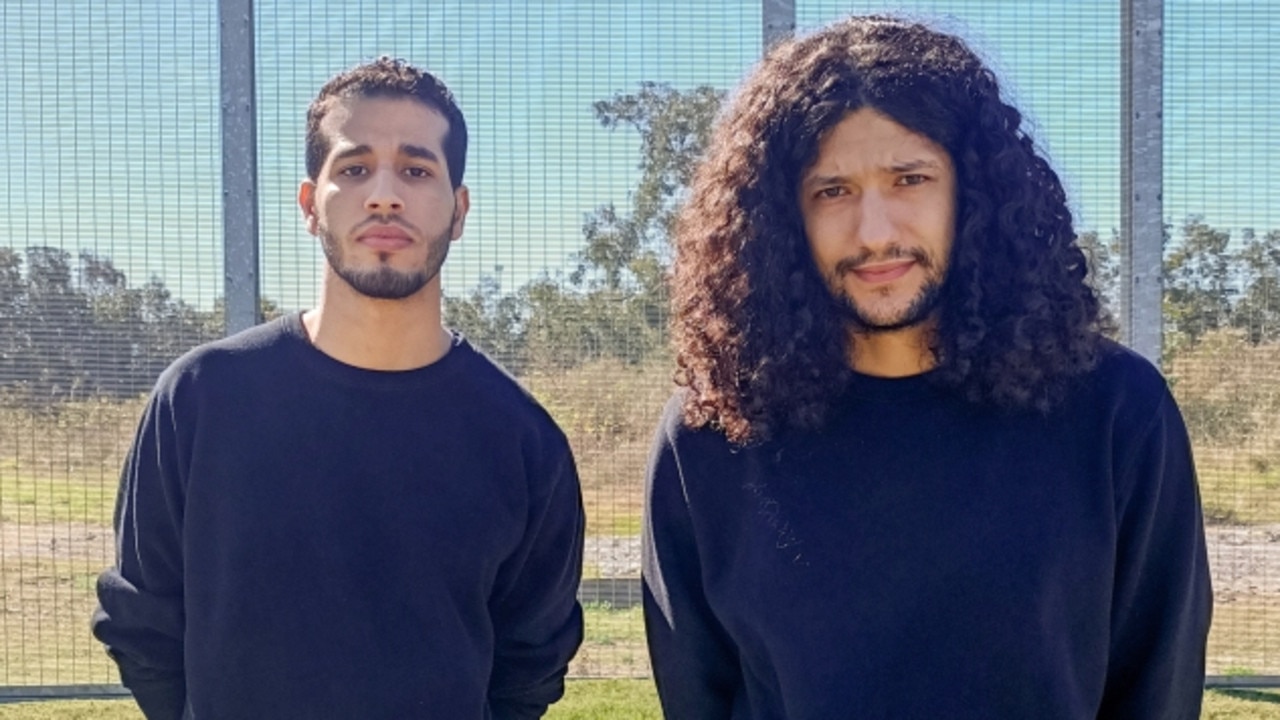
Mr Choopani was sent to offshore detention at Christmas Island and then Nauru where he lived for six years and was beaten by locals living on the island. He has tried to commit suicide by swallowing razor blades. One of his friends died after setting himself on fire, another friend who did the same and suffered burns to 40-50 per cent of his body is still in detention, and also living at the Park Hotel in Melbourne.
Mr Choopani told news.com.au’s podcast I’ve Got News For You that he has lost all hope of leaving detention. He said if he could go back to Iran and face a quick death, he would do so rather than remain in Australia.
“I definitely would, but I know they’re going to torture me physically and mentally,” he said.
“But here in Australian detention they do it in a professional way – they just torture you mentally.”
It may be a coincidence but Mr Rudd’s decision to slam the door shut on asylum seekers was announced in the lead-up to a federal election, one that he ultimately lost.
Mr Morrison is also facing an election within months and looking tough on immigration may have been an attractive stance.
This time however, the target had the money to stump up for an appeal, something that experts suggest may have generated hundreds of thousands of dollars in legal fees.
Thanks to Djokovic, Australia now has an opportunity to reconsider whether its immigration system is actually fair and functioning the way that it should.
Federal Court Judge Anthony Kelly said in court that Djokovic was right to assume his medical exemption was valid and asked “what more could this man have done?”.
Novak’s refugee neighbours may well be asking themselves the same thing.




